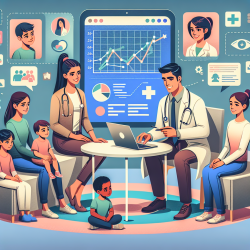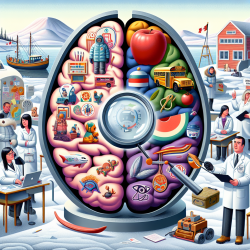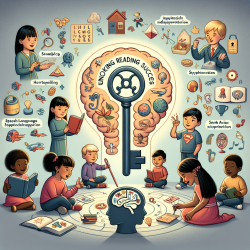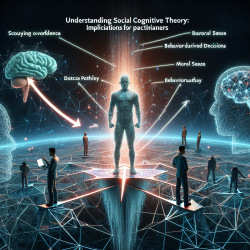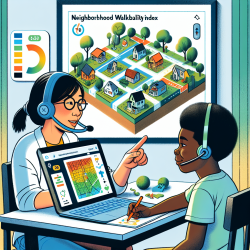The transition of health care for youth, particularly those aged 15-25 with chronic conditions, is a critical period that necessitates thorough assessment of their access, utilization, needs, and satisfaction with health services. The research article "The Youth Health Care measure-satisfaction, utilization, and needs (YHC-SUN)-development of a self-report version of the Child Health Care (CHC-SUN) proxy-measure" by Schmidt et al. (2016) provides valuable insights into these aspects. This blog will discuss how practitioners can leverage these findings to improve their skills and outcomes for their patients.
The YHC-SUN was developed to address the gap in health service evaluation from the perspective of adolescents and young adults. Traditionally, evaluations have relied on parent or observer reports, which may not fully capture the youth's experience. The self-report version of the CHC-SUN enables a more accurate assessment of health care satisfaction, utilization, and needs from the youth's perspective.
Key Findings from the Research
The study involved 182 ambulatory care patients with chronic conditions, and it revealed several critical insights:
- High Internal Consistency: The subscales for satisfaction with care demonstrated excellent internal consistencies, indicating reliable measures.
- Impact of Health Literacy: Higher levels of health literacy were associated with reduced unmet health needs and increased satisfaction with care.
- Age and Source of Care: Younger adolescents reported higher satisfaction levels compared to older adolescents and young adults. Additionally, those in pediatric care reported higher satisfaction than those in adult care.
- Unmet Needs: Common unmet needs included dietary counseling, health education, and psychological counseling.
Implementing Research Outcomes
Practitioners can enhance their service delivery by incorporating the following strategies based on the research findings:
- Utilize Self-Report Measures: Implement self-report tools like the YHC-SUN to gather direct feedback from adolescents and young adults. This will provide a more accurate understanding of their satisfaction and needs.
- Focus on Health Literacy: Develop programs to improve health literacy among youth. Educating them about their conditions and health care options can lead to better self-management and higher satisfaction with care.
- Address Unmet Needs: Identify and address common unmet needs such as dietary counseling and psychological support. Tailoring services to meet these needs can significantly improve patient outcomes.
- Age-Appropriate Care: Ensure that health care services are developmentally appropriate and cater to the specific needs of different age groups. This includes providing a smooth transition from pediatric to adult care.
Encouraging Further Research
While the YHC-SUN provides a robust framework for evaluating youth health care, further research is essential to continuously improve service delivery. Practitioners are encouraged to engage in ongoing research to explore:
- The impact of different health care models on youth satisfaction and outcomes.
- Longitudinal studies to track changes in satisfaction and needs over time.
- The effectiveness of specific interventions in addressing unmet needs and improving health literacy.
By staying informed and involved in research, practitioners can ensure they are providing the best possible care for their young patients.
To read the original research paper, please follow this link: The Youth Health Care measure-satisfaction, utilization, and needs (YHC-SUN)-development of a self-report version of the Child Health Care (CHC-SUN) proxy-measure.
